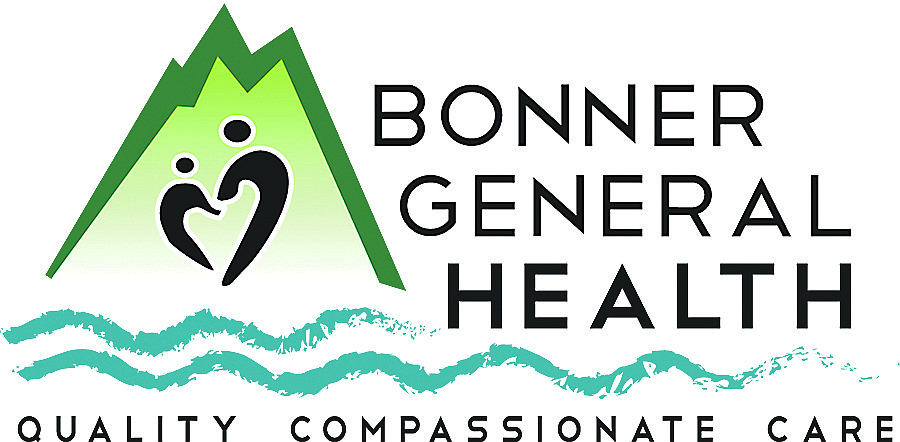What happens if you can’t make health care decisions for yourself?
The simple answer to what happens when you can’t make health care decisions for yourself is that someone else will make them for you. But that leads to the second question: How do you know they’ll do what you want them to? The answer to that is, don’t leave it up to chance.
“Advance care planning is not just for people who are very old or ill,” The National Institutes of Health explains. “At any age, a medical crisis could leave you unable to communicate your own health care decisions. Planning now for your future health care can help ensure you get the medical care you want and that someone you trust will be there to make decisions for you.”
If the pandemic taught us anything, it taught us how fragile life is and how quickly we can be put in a situation where life-or-death decisions must be made and made quickly. Maybe it’s not a virus, but a head injury, a stroke, a brain aneurism, or any other unpredictable emergency that strikes. Or maybe you’ve been diagnosed with a serious illness from which you might not survive.
Advance directives most often include two documents. The first is what’s called a living will. “A living will is a legal document that tells doctors how you want to be treated if you cannot make your own decisions about emergency treatment. In a living will, you can say which common medical treatments or care you would want, which ones you would want to avoid, and under which conditions each of your choices applies,” NIH says.
A durable power of attorney for health care is also a legal document. This one names the person who can make health care decisions if you cannot communicate. It’s a good idea for that person to be willing to serve in this capacity as they may be required to fulfill your wishes even if they go against their own. It’s certainly a good idea to have this conversation with the person often referred to as your representative, surrogate, or agent before you name them. You can also name a contingent agent if your primary is unable or unwilling to serve at the time they’re needed.
NIH says you should consider your advance directives as “living documents that you review at least once each year and update if a major life event occurs such as retirement, moving out of state, or a significant change in your health.”
Also, it is good to note that if you created advance directives in another state, you should revisit them to ensure they cover Idaho laws. And if you’ve chosen a person as your agent who doesn’t live here, you might want to rethink that, particularly if they live in another time zone.
These documents do not need to be drawn up by a lawyer. Idaho law requires you to sign your living will and durable power of attorney for health care. “Although state law does not require you to sign your directive for health care in the presence of a witness, it is a good idea to have your living will witnessed by at least one person who also signs the document to show that he/she personally knows you and believes you to be of sound mind,” caringinfo.org says.
Caringinfo.org also says that this witness should not be the person designated as your agent, your physician or health care provider, an employee of your health care provider, or operator or employee of a care facility unless that person is related to you.
Both caringinfo.org and the Idaho Department of Health & Welfare websites will walk you through creating these two documents. IDHW also allows you to create, store and share your directive with those who need to know on their secure registry. You can also change or revoke your advance directive at any time through this system.
As we head into the holiday season, socializing with family and friends offers an excellent opportunity for you to decide who would be the best person to follow your healthcare instructions if you’re unable to speak for yourself. Think about it tomorrow and fill out the documents on Friday. Happy Thanksgiving.
Kathy Hubbard is a member of the Bonner General Health Foundation Advisory Council. She can be reached at kathyleehubbard@yahoo.com.



